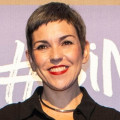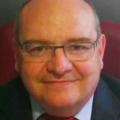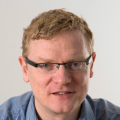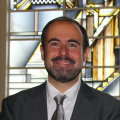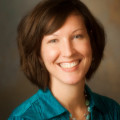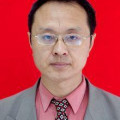Since the Internet revolutionized access to information and storage capacity in the 1990s, networks, databases, publishing, and access to all kinds of news and scientific research have proliferated. The international circulation of non-face-to-face training programs for different professions and the better relations between scientific communities around the world is, without a doubt, something positive. The impact of Big Data and Artificial Intelligence has yet to be felt in many areas. These changes have been facilitated by the increased capacity of mobile phones and tablets that facilitate numerous interactive spaces for entertainment, communication, and education. However, technology alone, far from increasing culture and knowledge, provides us with superficial, lax, and indiscriminate information, where the capacity for reflection and critical thinking is diminished.
The knowledge provided by the Humanities and their insertion in an education based on key competencies must play a fundamental role to promote a reflective and conscientious citizenship in the face of the new challenges of our globalized, changing societies and the important crises our world faces. The environments of Vulnerability, Uncertainty, Complexity, and Ambiguity (VUCA) that define our current context require a type of holistic knowledge that takes into consideration a global vision of the world, in all its dimensions, including the basic knowledge provided by the different fields of knowledge provided by History, Art, Philosophy or Literature. A critical and truthful vision is increasingly necessary to counteract elements such as infoxication or "fake news", derived from the absence, in many cases, of the type of training to be addressed among the topics to be discussed in this conference.
The 2021 conference will focus precisely on the role of critical thinking and the so-called "soft skills" that come from the field of Humanities and which play a fundamental role to place technology in an authentically human context that ensures the interests of our societies and the future of humanity. The transfer to educational frameworks will also be treated as an inherent formula for the enrichment of democratic and responsible societies. Likewise, the impact of the 4.0 revolution on the generation of critical thinking and the role of transversal skills treated from the perspective of humanistic thought and its translation to the educational sphere will be one of the key aspects of this conference.








